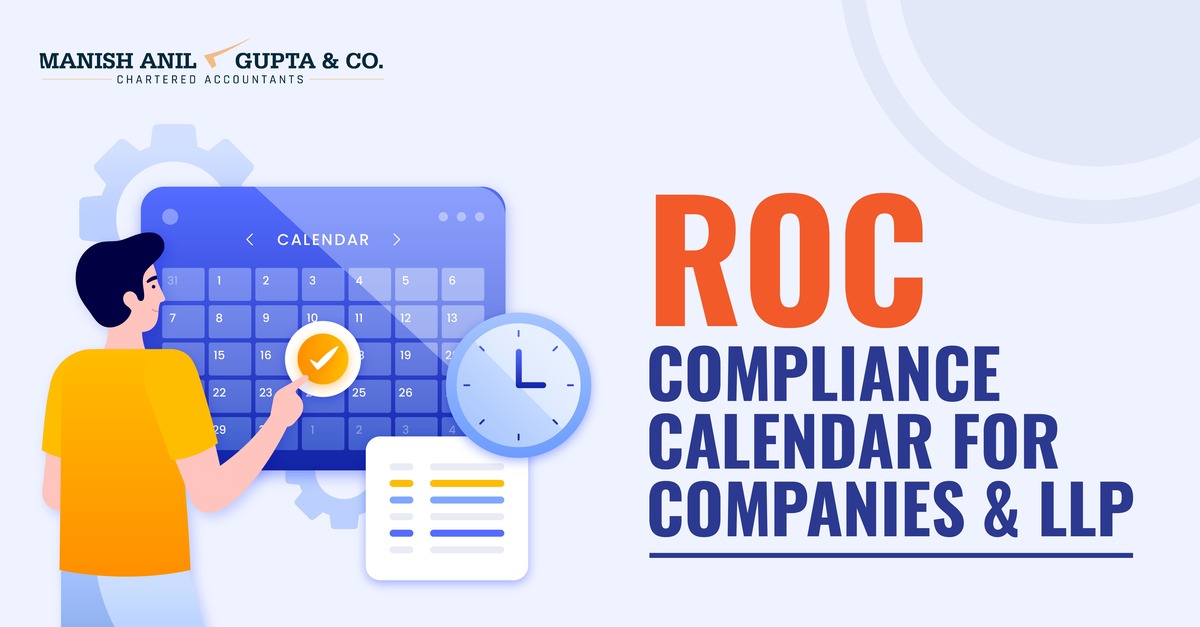
The Ultimate Guide to Transfer Pricing Methods for Business Success
Unlock the secrets of transfer pricing and navigate global taxation with confidence. . . .Jun 27, 2023
Read More
Contact us
| FORM | DESCRIPTION | DUE DATE |
|
Form for filing financial statements and other documents - This form contains different segments where one has to fill in the information about the balance sheet, profit and loss account, Corporate Social Responsibility, related party transactions, auditor's report and other related matters. |
within 30 days of the date of AGM |
|
Form for filing the annual return of a company- It consists of details regarding the directors, KMPs promoters and members, debenture holders of the company, board and general meetings, shareholding patterns, remuneration of directors and KMPs, etc. Note: As per the recent notification released by the MCA, every small and one-person company is required to file form MGT-7A instead of form MGT-7. |
within 60 days of the date of AGM |
|
KYC of Directors- Persons holding DIN are required to do their web KYC every year (in case there is any change in the mobile number and email id, then DIR-3 KYC form is filed instead of doing web KYC) |
before 30th September of each financial year |
| FORM | DESCRIPTION | DUE DATE |
|
Reconciliation of Share Capital Audit Report Every unlisted public company is required to file a half- yearly Reconciliation of Share capital audit report to the registrar in this form. This report helps in identifying if there is any difference existing in the actual issued capital and the dematerialised capital held. |
Within 60 days of the end of each half year |
|
Filing of resolution with the registrar (for the Board Resolution regarding the approval of Board’s Report and Financial Statements) There are some matters on which whenever a board resolution is passed by a public company, MGT-14 form is mandatory to be filed reporting that board resolution. One out of these matters is the approval of the board’s report and financial statements. |
Within 30 days of passing the Board Resolution |
| FORM | DESCRIPTION | DUE DATE |
|
Annual Return of LLP Information related to the business activity of the LLP, designated and other partners, the contribution made by the partners, compounding and penalty for offences, if any, etc., are provided in this form. |
within 60 days of the end of every financial year (30th May) |
|
Statement of Account & Solvency This form is nothing but a declaration made by the designated partners that the LLP will be able to discharge its debts. Details of assets, liabilities, contribution made by the partners, turnover, etc is filled in this form. |
within 30 days from the ending of six months (30th October) of the financial year closing |
|
KYC of Designated Partners- Like directors, Designated Partners also have to get their KYC done. Every DPIN holder has to file this DIR-3 KYC form or complete web DIR KYC (if he has already filed the DIR-3 KYC form once and there is no change in his mobile number and email id). |
before 30th September of the financial year |
Blogs

In today’s business environment, the world demands quality professional services that are provided in a timely and cost-effective manner. We, at Manish Anil Gupta & Co, believe in putting our client’s needs squarely in front at all times.
"Need to know more about our services or what we do? Drop us your contact details and one of our professionals will call you to answer your query!"
0 Comment